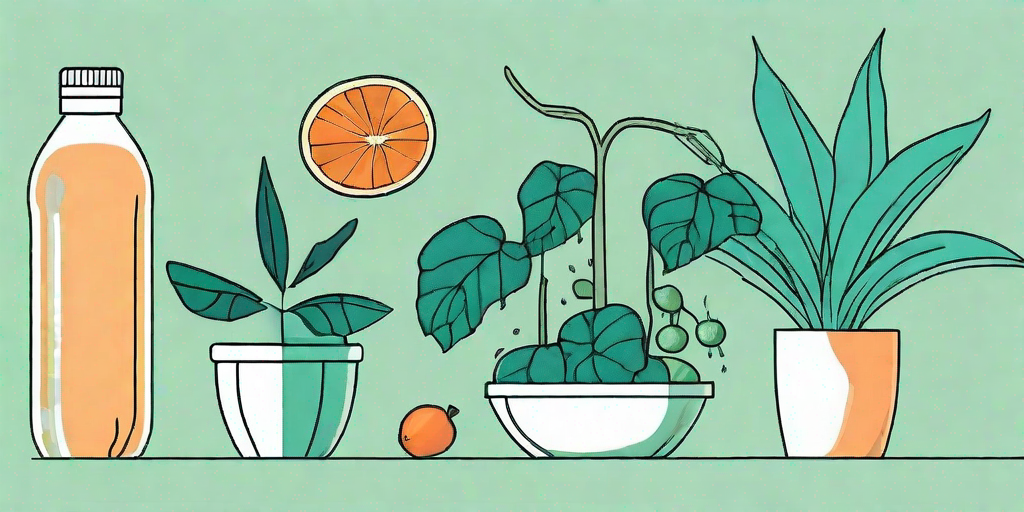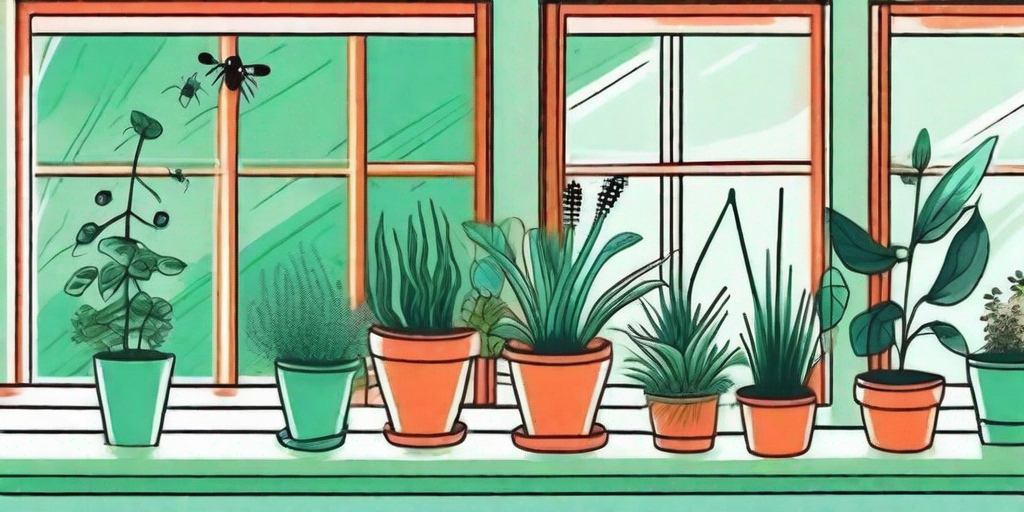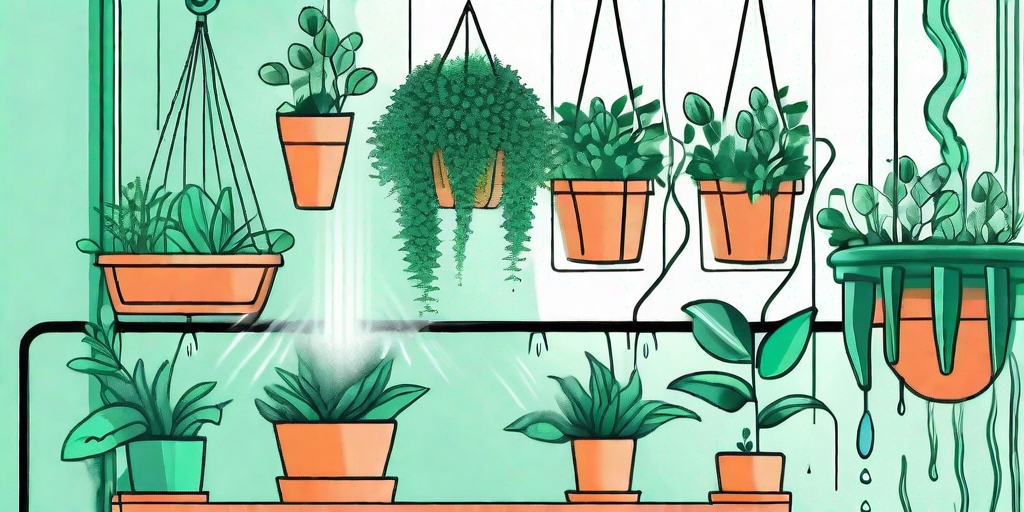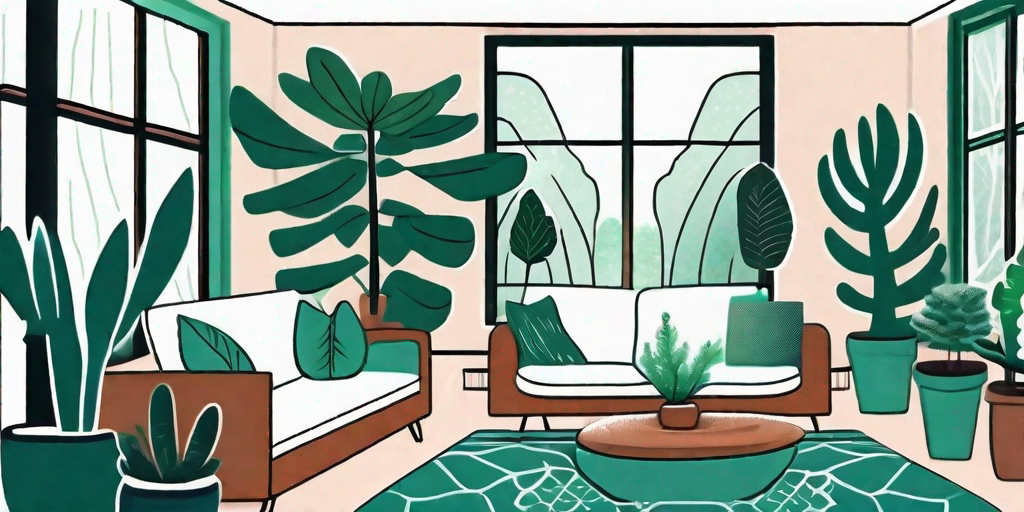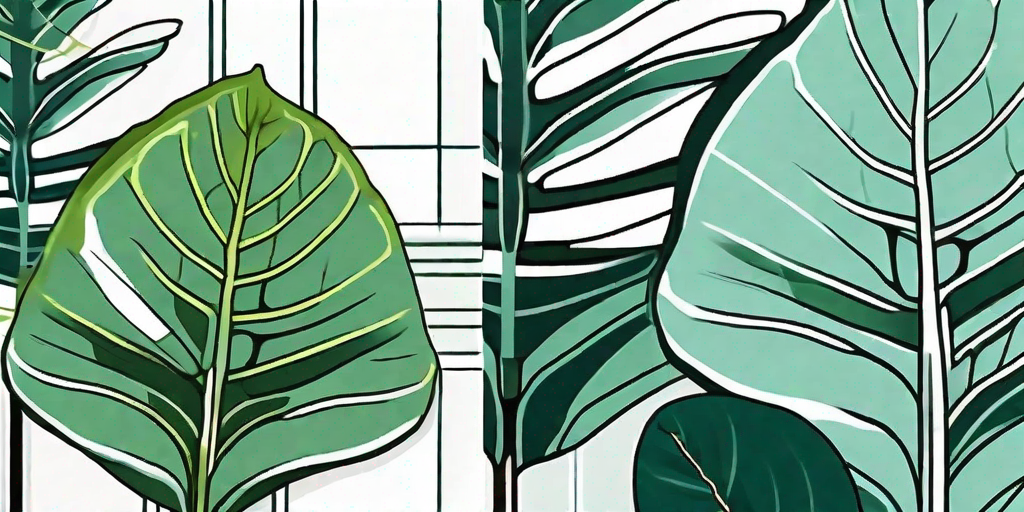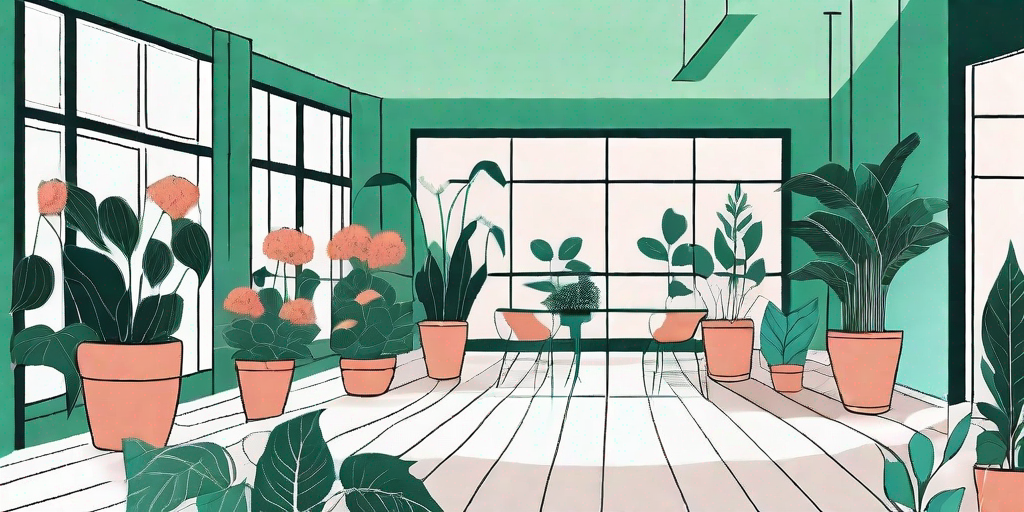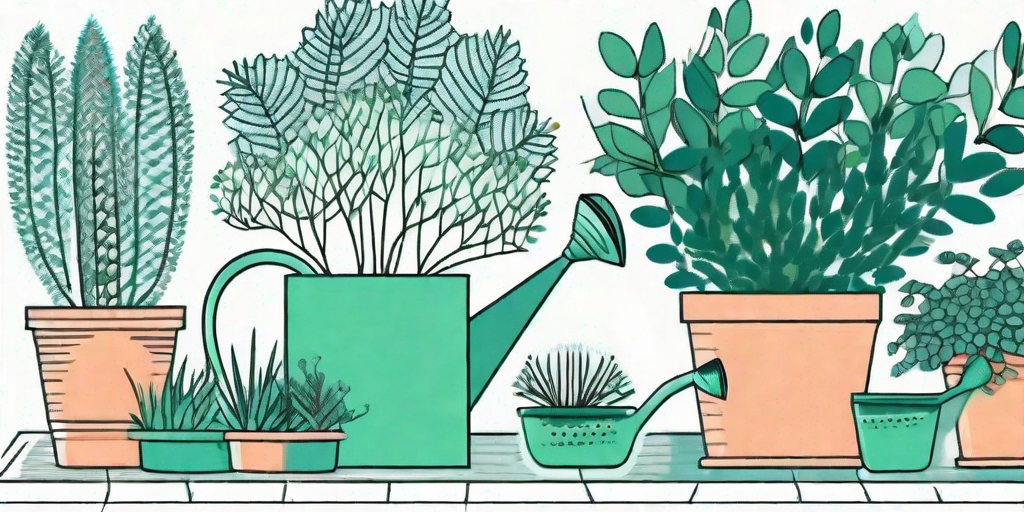
Ah, the age-old conundrum of plant parenting. You love your leafy friends, you want them to thrive, but sometimes, your overzealous nurturing can lead to an overfed, underwhelmed plant. Fear not, dear plant parent, for we are here to guide you through the labyrinth of plant nutrition and help you fix the problem of overfeeding.
Understanding the Problem: The Dangers of Overfeeding
What Happens When You Overfeed Your Plants?
Overfeeding your plants is like overstuffing yourself at an all-you-can-eat buffet. Sure, it seems like a good idea at the time, but later, you're left feeling bloated and regretful. In the case of plants, overfeeding can lead to nutrient burn, a condition that can cause your plant's leaves to turn yellow or brown and eventually fall off.
But that's not all. Overfed plants can also become more susceptible to diseases and pests, as their natural defenses are weakened. It's like giving your plant a food coma, and then expecting it to run a marathon. Not exactly fair, is it?
Why Do We Overfeed Our Plants?
Now, you might be wondering, "Why would I overfeed my plants? I just want them to be happy and healthy!" Well, dear reader, the road to plant hell is often paved with good intentions. We overfeed our plants because we equate feeding with caring. The more we feed, the more we care, right? Wrong.
Plants, like people, need a balanced diet. Too much of a good thing can quickly turn into a bad thing. So, while your intentions might be pure, your execution could use a little tweaking.
How to Fix the Problem: The Art of Balanced Feeding
Recognizing the Signs of Overfeeding
Before you can fix the problem, you need to recognize the signs of overfeeding. These can include yellowing or browning leaves, stunted growth, or an overall droopy appearance. If your plant looks like it's had one too many at the buffet, chances are, it's been overfed.
Another sign of overfeeding is a buildup of fertilizer salts on the surface of the soil. This can look like a white, crusty layer. If you see this, it's time to put down the fertilizer and step away from the plant.
Adjusting Your Feeding Schedule
Once you've recognized the signs of overfeeding, it's time to adjust your feeding schedule. This doesn't mean starving your plant, but rather, finding a balance that works for both of you.
Start by reducing the amount of fertilizer you use, and increase the time between feedings. Remember, it's easier to add more nutrients later than it is to take them away. So, when in doubt, underfeed rather than overfeed.
Preventing Overfeeding: Tips and Tricks
Choose the Right Fertilizer
Not all fertilizers are created equal. Some are more concentrated than others, and using the wrong one can lead to overfeeding. So, do your research and choose a fertilizer that's right for your plant's specific needs.
Also, consider using organic fertilizers. These are less likely to cause nutrient burn and are generally easier on your plant's digestive system (yes, plants have a digestive system too).
Water Wisely
Watering is another crucial aspect of plant care that can contribute to overfeeding. Overwatering can lead to root rot, while underwatering can cause your plant to absorb nutrients too quickly, leading to nutrient burn.
So, how do you find the right balance? Start by watering your plant thoroughly, then wait until the top inch of soil is dry before watering again. This will ensure your plant gets the moisture it needs without drowning in it.
Frequently Asked Questions
Can Overfeeding Kill My Plant?
Yes, overfeeding can kill your plant. However, if you catch the problem early and take steps to correct it, your plant can recover and continue to thrive.
How Often Should I Feed My Plant?
This depends on the type of plant and the type of fertilizer you're using. As a general rule, it's best to feed your plant every two to four weeks during the growing season, and less often during the dormant season.
What Should I Do If I've Overfed My Plant?
If you've overfed your plant, start by flushing the soil with water to remove excess nutrients. Then, adjust your feeding schedule and monitor your plant closely for signs of improvement.
Conclusion
Overfeeding your plants is a common mistake, but it's one that's easily corrected. With a little knowledge and a lot of love, you can provide your plants with the balanced diet they need to thrive. So, put down that fertilizer, step away from the plant, and remember: less is often more when it comes to plant nutrition.
Happy plant parenting!



